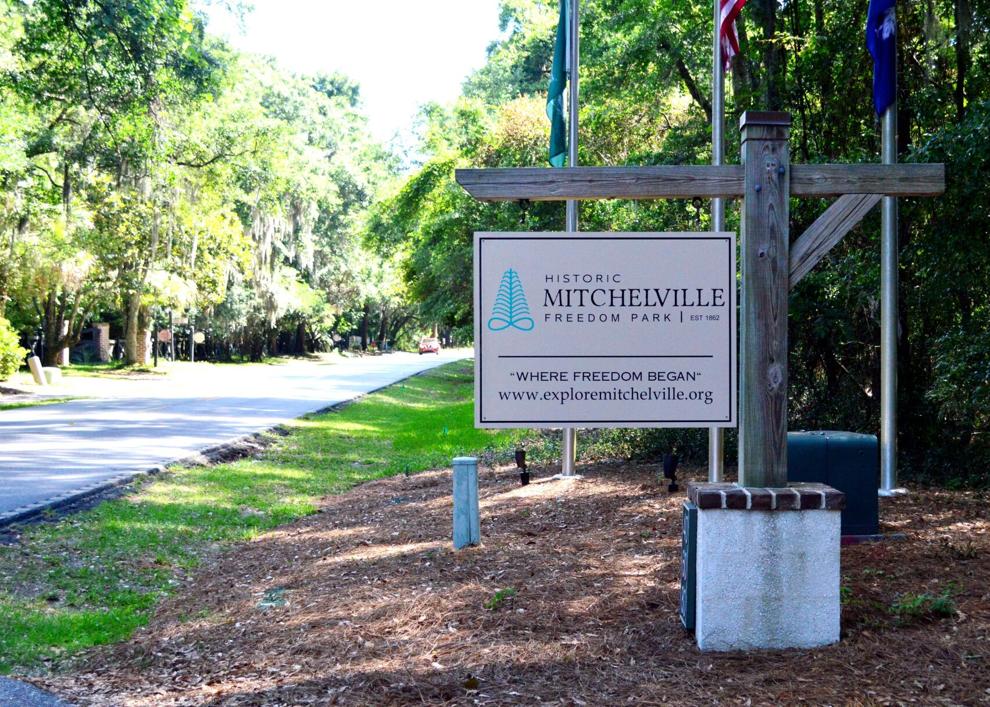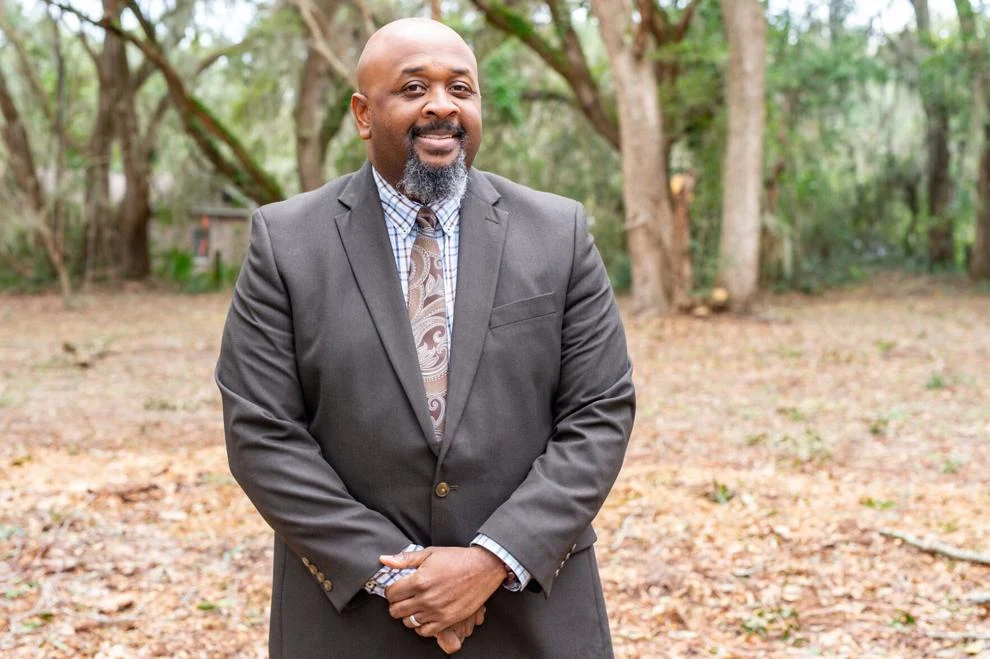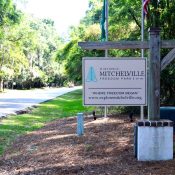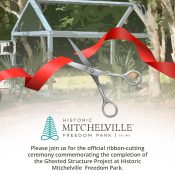
Mitchelville plans weeklong Juneteenth celebration
By Jessica Wade [email protected]
Read the Full Article Here


HISTORIC MITCHELVILLE — For hundreds of formerly enslaved people, freedom began in a small village on Hilton Head Island. On June 8, that historic site will host a weeklong celebration commemorating the end of slavery in the United States.
Historic Mitchelville will begin its 10th annual Juneteenth celebration with a 5K run and walk at Mitchelville Freedom Park at 8 a.m. on June 8 and will end with a festival June 15 — with a variety of events in between.
In addition to commemorating the holiday, the activities will give the public a chance to see recent updates to the park, which is undergoing an ambitious restoration and preservation effort.
Re-creations of historic buildings will be completed just in time for the Juneteenth celebration. The free-standing structures, called “ghost buildings,” are frames built to represent what once stood in the town. Construction is also underway on a church reflection area.
The two projects are just a few of the renovations planned for Mitchelville, said Lola Campbell, chairperson of Mitchelville Freedom Park’s executive committee.
This week marks the 10th Juneteenth celebration at the Freedom Park, but “it’s also a celebration for Mitchelville as we progress toward our goal of what we want to see finalized in that park,” Campbell said.
And, Campbell muses, what better place to celebrate Juneteenth than the site of the first self-governed town for the formerly enslaved?
Historical significance
Situated on the north end of Hilton Head Island, Mitchelville was founded in 1862. At its peak, the town stretched to over 200 acres on the former Fish Haul Plantation, which borders the shore. By 1863, somewhere between 1,500 and 3,000 people called it home.
In Washington, many federal officials came to consider Mitchelville a great success. It served as proof of concept for the Port Royal Experiment, which sought to create schools and hospitals for the formerly enslaved, as well as to enable them to buy land seized from slaveholders.https://5e082b0ea517ca97b192b7a388f99f89.safeframe.googlesyndication.com/safeframe/1-0-40/html/container.html
The community endured 31 years, though the population declined over time as other opportunities became available for the formerly enslaved residents. The Great Sea Island Hurricane of 1893 literally wiped whatever remained of Mitchelville off the map.
Eventually, Mitchelville faded from memory. A renewed effort aims to bring it back. Today, Freedom Park is part of the Reconstruction Era National Historic Network and a multimillion-dollar renovation and preservation project.






